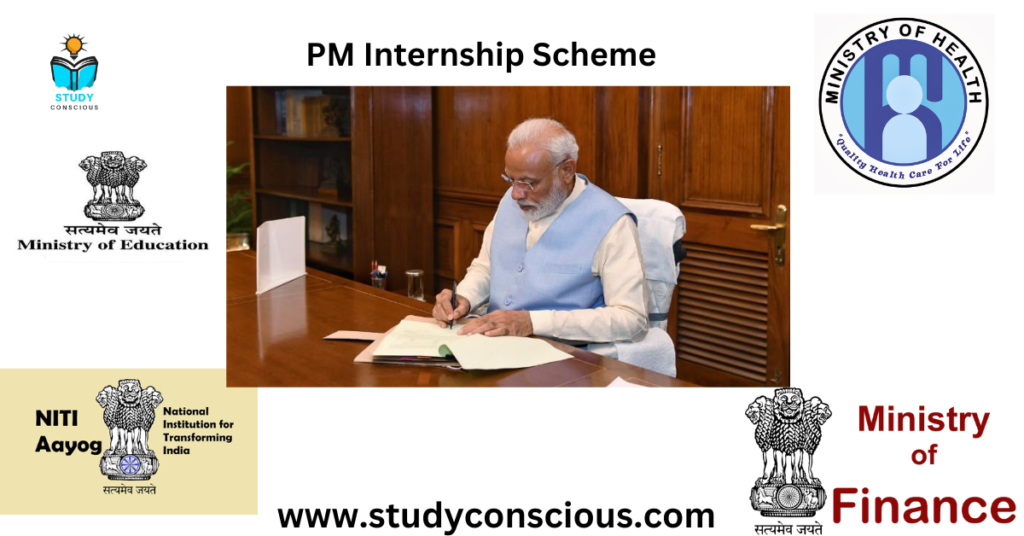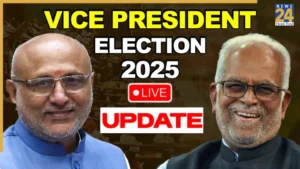India being the highest and the most populated country in the world, recently received the #1 rank in the population index. So with the rise in population employment plays a major role as there is an imbalance between people employed and unemployed. Various skill programs were also being introduced by the state as well as center on their own level, to impart the practical training to the youth that would help them to yield the employment and earning opportunities. One of those schemes the Modi government has recently launched the PM internship scheme, an initiative by the Government of India to skill the unskilled. There are certain parameters which should be considered before applying for the program.
1. Objective and Purpose
- The scheme is designed to provide students and recent graduates with hands-on experience in various government departments, contributing to policy-making, program implementation, and public administration.
- It aims to build a talent pool that can support and contribute to nation-building efforts, while also enabling young individuals to understand and appreciate the intricacies of government work.
2. Eligibility Criteria

- Education: The scheme is generally open to final-year undergraduate students, postgraduate students, or those who have recently completed their degrees. Some programs may also accept doctoral candidates depending on the nature of the internship.
- Age Limit: Applicants are typically required to be under a certain age (often around 25–30 years), but this may vary.
- Nationality: Most PM Internship schemes are open only to Indian citizens.
3. Application Process
- The internship program announcements are generally made on official government websites, such as the Ministry of Education or NITI Aayog portals, or through the National Career Service (NCS) platform.
- Online Application: Applicants usually need to apply online by filling out a detailed application form, uploading academic records, a resume, and often a statement of purpose outlining their interest in the internship.
- Screening Process: Some programs may require shortlisted candidates to undergo a selection process, which can include interviews or assessments.
4. Duration and Location
- Internships may range from 2 months to 6 months, though certain programs might extend up to a year depending on the department’s needs.
- Interns are often placed in different central ministries, government offices, or research institutions in New Delhi, though some may also have options for remote work depending on the assignment.
5. Stipend and Benefits
- Stipend: While not all internships offer a stipend, many PM internship schemes provide a modest stipend to help cover living expenses.
- Certificates: Upon successful completion of the program, interns usually receive a certificate from the government body overseeing their internship.
- Networking and Mentorship: Interns have the chance to work under senior government officials, which provides networking opportunities and the possibility of mentorship.
6. Internship Structure
- Orientation and Training: Most programs start with an orientation or introductory session to help interns understand their roles, department objectives, and the project at hand.
- Project Work: Interns are typically assigned specific projects which may include research tasks, data analysis, field visits, policy evaluation, or assistance in drafting reports and recommendations.
- Workshops and Seminars: Some programs organize workshops and seminars, providing interns with further training and exposure to various aspects of governance and policy-making.
7. Departments and Opportunities

- Interns may be assigned to work in ministries like the Ministry of Education, Ministry of Finance, Ministry of Health, NITI Aayog, or even in the Prime Minister’s Office.
- Depending on their field of study, interns may be involved in urban development projects, digital initiatives, education policies, health schemes, environmental assessments, or other areas of national interest.
8. Evaluation and Feedback
- Interns might need to submit a project report or final presentation at the end of their internship, reflecting on their contributions and learnings.
- Performance evaluations by supervisors are common, providing feedback on areas like professionalism, dedication, and impact on project outcomes.
9. Application Timeline
- Internship announcements are often posted in the first quarter of the year (Jan–Mar), with application deadlines typically around March-April for summer internships, though timelines may vary.
- Interested candidates should frequently check government portals like NITI Aayog’s website, MyGov, or National Career Service (NCS) for official announcements.
10. Future Opportunities
- Completing the PM Internship can enhance a candidate’s resume and open doors to other government-related roles, fellowships, or positions in NGOs, international organizations, or research institutions.
- Many interns leverage the experience and network gained through the program to advance in fields like policy research, civil services, international relations, and development sectors.












1 thought on “Prime Minister Internship Scheme: 2024”